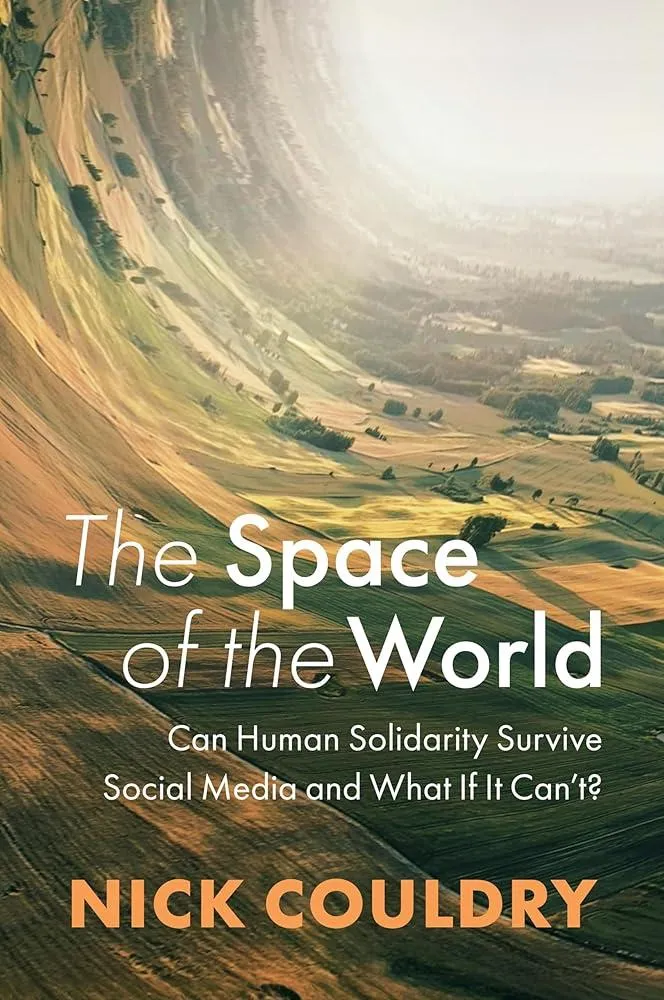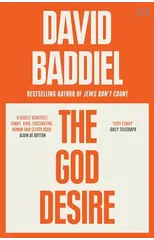The Space of the World
Can Human Solidarity Survive Social Media and What If It Can't?
(Autor) Nick CouldryOver the past thirty years, humanity has made a huge mistake. We handed over to big tech decisions that have allowed them to build what has become our ""space of the world"" – the highly artificial space of social media platforms where much of our social life now unfolds. This has proved reckless and has huge social consequences. The toxic effects on social life, young people’s mental health, and political solidarity are well known, but the key factor underlying all this has been missed: the fact that humanity allowed business to construct our space of the world at all and then exploit it for profit. In the process, we ignored two millennia of political thought about the conditions under which a healthy or even a non-violent politics is possible. We endangered the one resource that is in desperately short supply in the face of catastrophic climate change: solidarity. Is human solidarity possible in a world of continuous digital connection and commercially managed platforms, and what if it isn’t? In the first book of his trilogy, Humanising the Future, Nick Couldry offers a radical new vision of how to design our digital spaces so that they build, rather than erode, both solidarity and community. This trenchant and vividly written book stresses that we cannot afford not to care for our space of the world. We need to rebuild it together.
Nick Couldry
Nick Couldry is a British sociologist known for his work on media and communication. He has written extensively on the role of media in society, focusing on issues of power, democracy, and social justice. Some of his most notable works include "Media, Society, World: Social Theory and Digital Media Practice" and "The Mediated Construction of Reality". Couldry's writing style is analytical and thought-provoking, challenging readers to rethink their understanding of media's impact on society. His contributions to literature have had a significant impact on the field of media studies, influencing scholars and practitioners alike. One of his most famous works is "Why Voice Matters: Culture and Politics After Neoliberalism", which explores the importance of voice in a neoliberal society.




